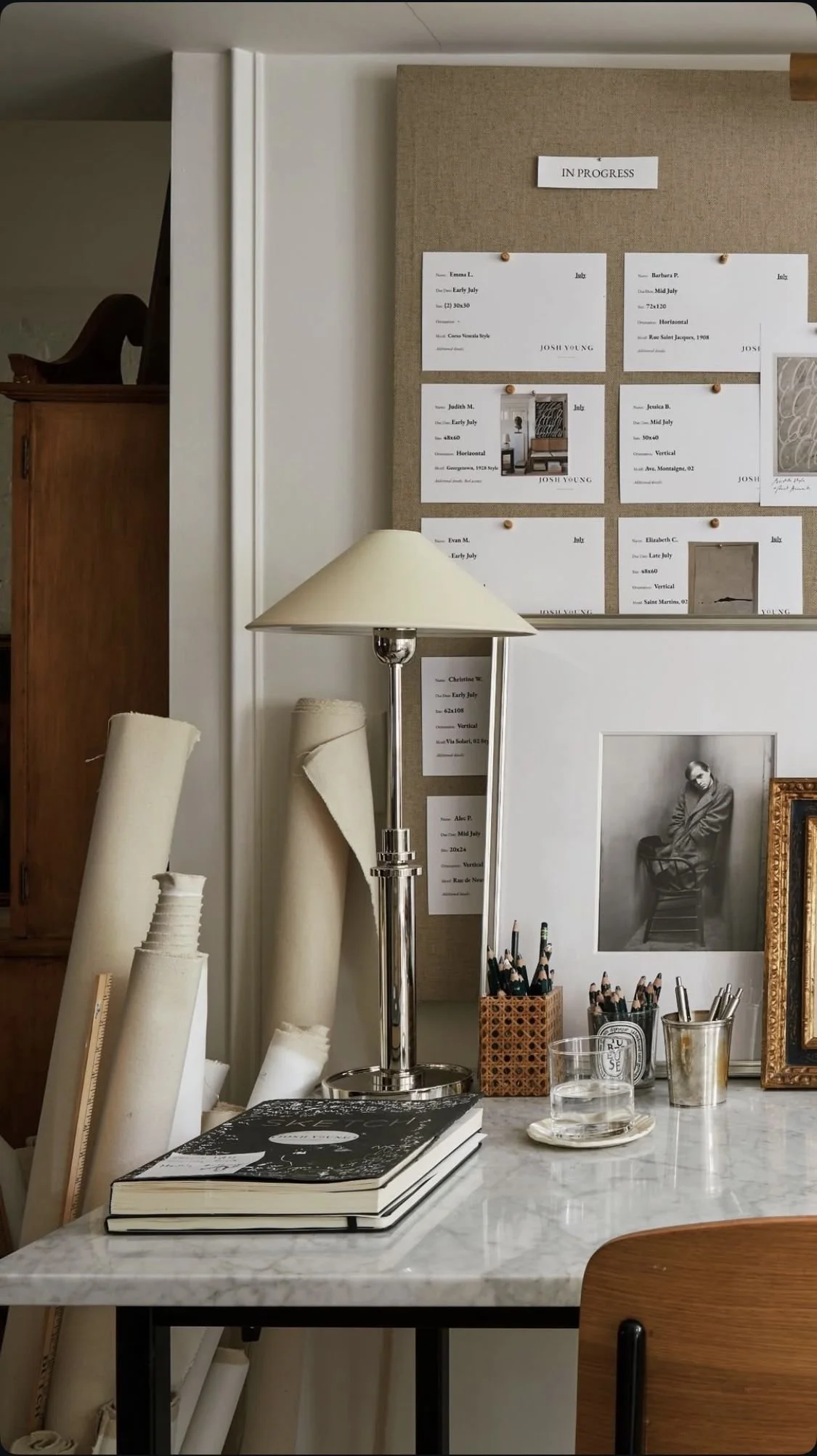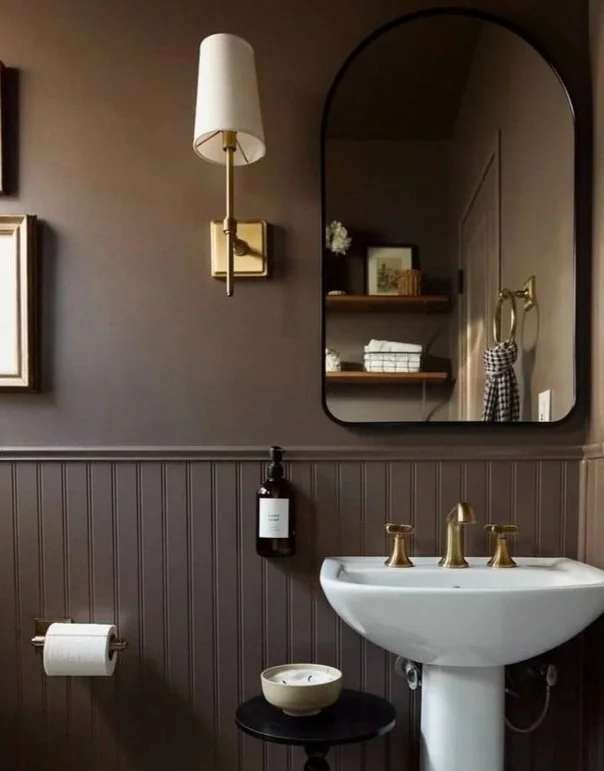Times You Can DIY and Times When You Should Call A Professional
DIY projects can be incredibly rewarding—not only do they save money, but they also offer a deep sense of accomplishment. From painting a room to assembling flat-pack furniture, there are plenty of household tasks you can tackle with a bit of research and elbow grease.
However, it's equally important to recognize when it's time to put down the toolbox and call in a professional. Misjudging this can lead to costly repairs, safety hazards, and unnecessary stress.
When DIY is the Smart Choice
Many home improvement tasks are well within reach of the average homeowner. Here are some projects that are typically safe and practical to do on your own:
1. Painting and Decorating
Painting a room, hanging wallpaper, or putting up shelves are all relatively straightforward jobs. With a little patience and attention to detail, you can achieve a professional finish.
2. Assembling Furniture
Flat-pack furniture usually comes with easy-to-follow instructions. Just make sure you have the right tools and a clear workspace.
3. Basic Plumbing Fixes
Unclogging a drain, replacing a showerhead, or fixing a leaky tap can often be managed with a YouTube tutorial and a few basic tools.
4. Installing Smart Home Devices
From smart bulbs to video doorbells, many modern gadgets are designed for user-friendly installation. These devices typically require little more than an app and a screwdriver.
5. Replacing Light Fixtures and Switches
If the power is off and you're confident in your basic electrical skills, swapping out a light fitting or switch is often manageable. An increasingly popular choice in this area are Wireless Kinetic Light Switches in Surrey, which require no wiring or batteries and can be installed quickly without professional help.
When to Call a Pro
While DIY can be empowering, certain tasks should only be handled by trained professionals. Here's when it's time to pick up the phone:
1. Major Electrical Work
Unless you're a qualified electrician, major electrical work is best left to the pros. Mistakes here can lead to serious injury or fire. Even if a task seems small, like adding new outlets or installing outdoor lighting, the risks outweigh the savings.
2. Structural Changes
Thinking of knocking down a wall? You'll need to consult a structural engineer or licensed contractor. Removing a load-bearing wall or making changes to a building's foundation can compromise the integrity of your home.
3. Gas Appliances
Installing or repairing gas lines or appliances is not only complex but also potentially dangerous. Always call a registered engineer for these tasks.
4. Roofing Repairs
Going up on the roof without proper safety equipment and knowledge is extremely risky. Whether you're fixing a leak or replacing shingles, leave it to trained roofers who know how to navigate the hazards.
5. Major Plumbing Work
Installing new pipes, relocating fixtures, or dealing with hidden leaks behind walls is beyond the scope of DIY. Improper plumbing can lead to water damage and mold issues in the future.
Final Thoughts
Tackling home projects on your own can be satisfying and economical, but knowing when to delegate is just as important. Start small, educate yourself, and always follow safety precautions. When in doubt, consult a professional—especially for tasks involving electricity, gas, or structural components.




